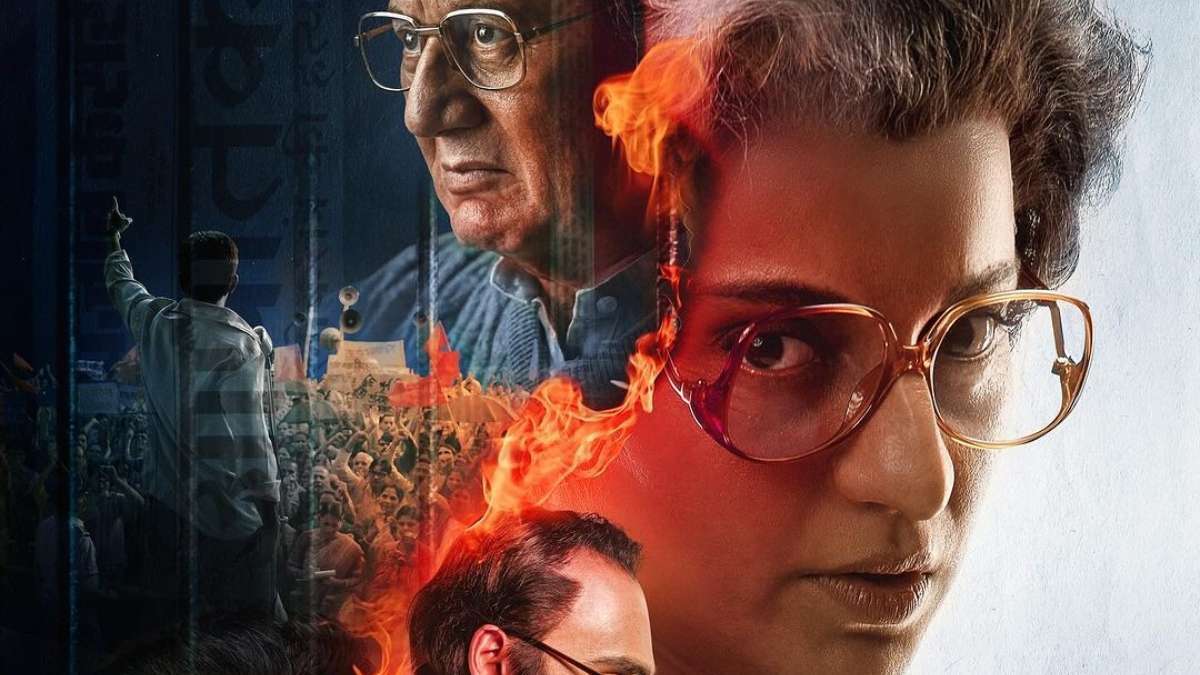The Shiromani Gurdwara Parbandhak Committee (SGPC)’s decision to demand a ban on Kangana Ranaut’s film Emergency is as baffling as it is troubling. Labelling the movie as “anti-Sikh” appears to stem from its alleged reference to Indira Gandhi’s role in creating figures like Jarnail Singh Bhindranwale, a controversial figure who remains a polarizing chapter in Indian history. This knee-jerk reaction not only misjudges the intent of the film but also raises questions about the SGPC’s priorities and its interpretation of history.
It’s worth recalling that Bhindranwale’s emergence as a radical leader was fuelled by Indira Gandhi’s political maneuvers during the 1970s and early 1980s. While he initially served her short-term political goals, he later became a symbol of separatism and unrest, leading to the tragic escalation of violence in Punjab. Does the Sikh community, known for its commitment to defending the nation’s sovereignty, endorse the actions of Bhindranwale that disrupted law and order? Surely not. By aligning itself with a narrative that indirectly justifies his actions, the SGPC risks alienating its own community and tarnishing its legacy.

Emergency seeks to expose the autocratic tendencies of Indira Gandhi’s regime—a period marked by the suppression of democratic freedoms, the jailing of political rivals, and the undermining of constitutional institutions. The depiction of Bhindranwale in this context is a piece of a broader story, one that critiques the creation of “monsters” for political expediency. To single out this aspect and label the film anti-Sikh is to miss the forest for the trees.
The SGPC’s demand for an FIR against Ranaut, accusing her of “character assassinating Sikhs,” seems equally misplaced. The film does not target the Sikh community but rather critiques a political leader’s actions and their far-reaching consequences. Moreover, the SGPC’s stance ignores the historical fact that Indira Gandhi’s decision to storm the Golden Temple during Operation Blue Star was universally condemned, not just by Sikhs but by citizens across India. It is this tragic series of events that culminated in her assassination and the horrific anti-Sikh riots of 1984—a dark chapter that still scars the nation.
By opposing the screening of Emergency, the SGPC risks being seen as an apologist for divisive politics. The film’s focus on exposing Indira Gandhi’s misuse of power holds valuable lessons for today’s generation. Blocking its release amounts to suppressing an important historical critique, one that sheds light on how political leaders can manipulate communities for their own gain.
Instead of seeking bans and filing complaints, the SGPC should encourage informed discussion and introspection. History cannot be rewritten, but it can be learned from. Shielding the younger generation from uncomfortable truths does a disservice to the Sikh community’s proud legacy of resilience and justice. The SGPC must reconsider its stance and allow Emergency to be seen for what it is—an exploration of a troubled time in India’s past, with lessons for all communities






